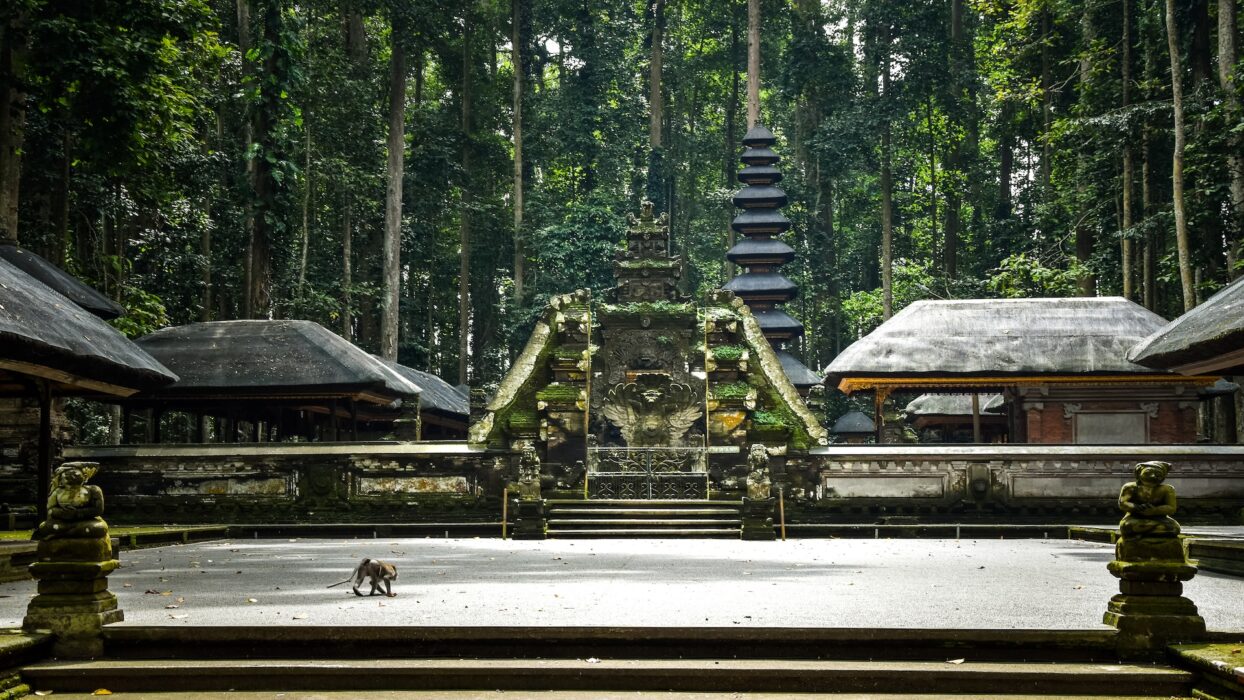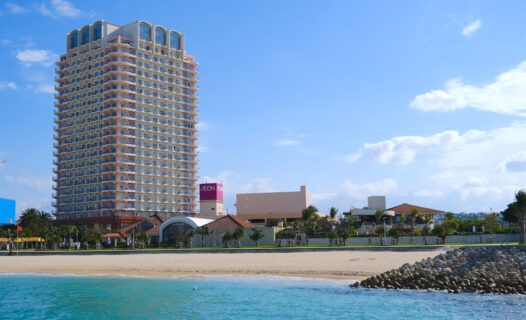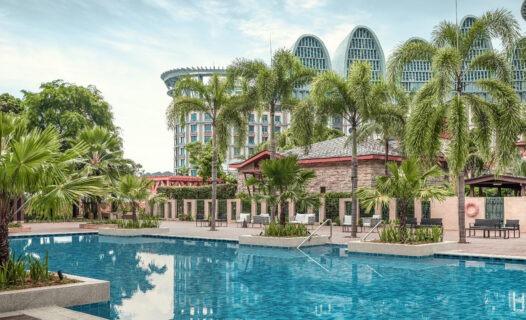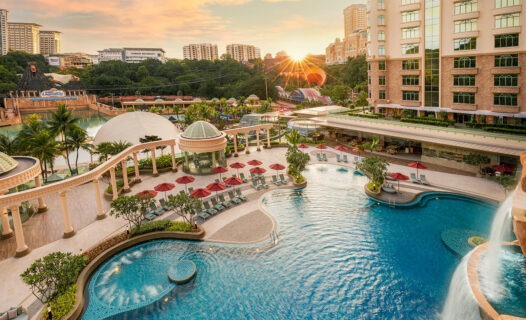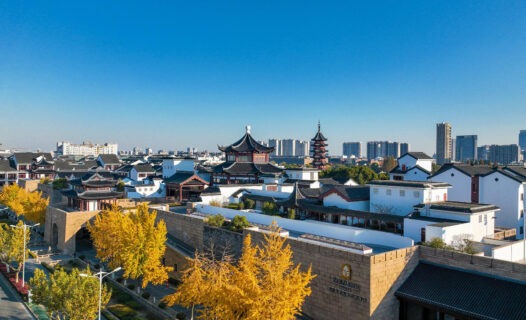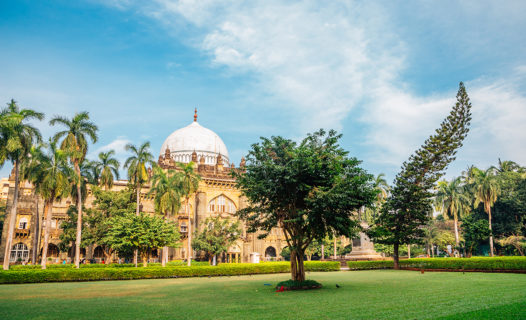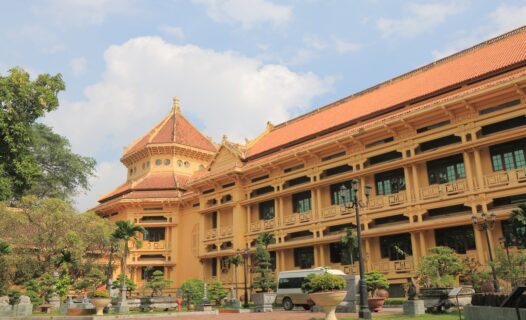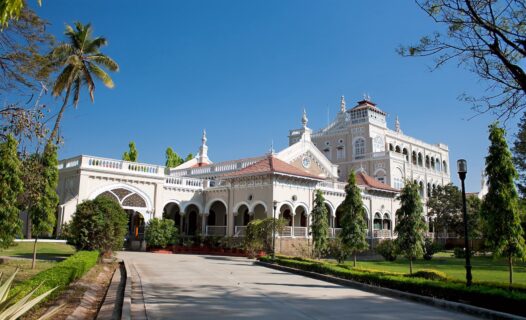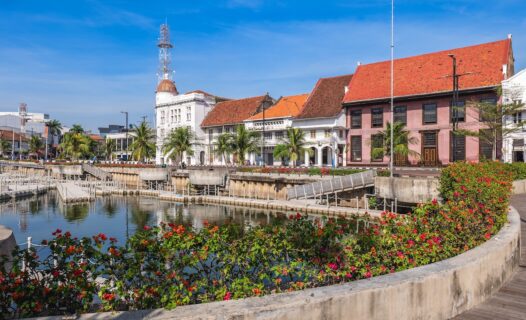Welcome to Penglipuran Village: A Hidden Cultural Gem in Bali
Nestled amidst lush landscapes and vibrant greenery, Penglipuran Village is a captivating destination that feels like a step back in time. Often overlooked by the typical tourist trail, this charming village is a treasure trove of Bali village culture, offering visitors a unique glimpse into the island’s rich traditions and community life. With its stunning architecture, deeply rooted customs, and warm-hearted locals, Penglipuran is not just a place to visit; it’s an experience waiting to unfold.
As you wander through the village, you’ll be mesmerized by the traditional Balinese houses, meticulously designed to reflect the harmonious relationship between nature and architecture. The community’s commitment to preserving their heritage and practicing sustainable living is evident at every turn, making it one of the hidden gems in Bali worth exploring. So, pack your bags and prepare for an adventure that promises to immerse you in the authentic essence of Balinese traditions.
Discovering the Allure of Penglipuran Village
What makes Penglipuran Village so enchanting? Perhaps it’s the serene atmosphere that envelops you as you stroll along its clean, well-maintained paths, or the sight of locals engaging in traditional crafts that have been passed down through generations. This village is not just a beautiful spot on the map; it holds significant cultural value in Bali’s landscape, showcasing the island’s commitment to preserving its heritage.
The village is a shining example of sustainable practices, where the community works together to maintain cleanliness and protect the environment. The residents take pride in their surroundings, and you’ll notice the absence of modern distractions, allowing the natural beauty of the area to shine through. As you explore, keep your camera ready; the picturesque views and vibrant community life will inspire you to capture every moment.
Historical Context and Folklore of Penglipuran Village
Steeped in history, Penglipuran Village dates back to the 14th century, with roots that intertwine with the spiritual beliefs and customs of the Balinese people. Legend has it that the village was founded by a group of Brahmin priests, who sought refuge in the area due to its tranquil environment. Over the centuries, the village has evolved, yet it has managed to retain its traditional charm and cultural significance.
Local folklore adds another layer of intrigue to the village’s history. Stories of ancestral spirits and rituals are woven into the fabric of daily life, with many residents still practicing age-old customs that honor their heritage. By engaging with the locals, you may hear tales of the village’s past, enriching your understanding of Balinese heritage and the local traditions in Bali.
Architectural Wonders: Traditional Balinese Houses
The architectural style of Penglipuran Village is nothing short of breathtaking. The traditional Balinese houses, known as rumah adat, are characterized by their unique layouts and intricate carvings. Each house is designed according to the principles of Balinese architecture, which emphasizes harmony with nature and the spiritual world.
As you wander through the village, take a moment to admire the elegant entrances adorned with ornate stone carvings, which often depict scenes from Balinese mythology. The layout of each compound is carefully planned, with a central courtyard that serves as a gathering space for families. This design not only reflects the community’s values but also enhances the sense of togetherness that permeates village life.
Immersive Cultural Experiences in Penglipuran Village
One of the best ways to truly experience Penglipuran Village is by participating in its vibrant cultural activities. From traditional ceremonies to local workshops, there are countless opportunities to engage with the community and learn about their customs. Imagine joining a Balinese dance class, where you can sway to the rhythmic beats of traditional music, or participating in a local ceremony that celebrates the village’s rich spiritual heritage.
Many visitors opt for homestays, which allow for an authentic experience of community life in Penglipuran. Staying with a local family not only provides comfortable accommodations but also offers a chance to immerse yourself in their daily routines and traditions. You might find yourself helping with rice planting or learning to cook traditional dishes, making for unforgettable memories.
Culinary Deep Dive: Local Cuisine and Traditional Dishes
Get ready to tantalize your taste buds in Penglipuran Village! The local cuisine is a delightful reflection of Bali’s rich culinary heritage, showcasing flavors that are as vibrant as the island itself. From aromatic spices to fresh ingredients, each dish tells a story of tradition and culture.
When in Penglipuran, don’t miss out on trying nasi campur, a mixed rice dish served with a variety of sides, including vegetables, meats, and sambal (spicy sauce). It’s a feast for the senses! Another must-try is babi guling, or roasted suckling pig, which is often prepared for special occasions and ceremonies. The crispy skin and tender meat are simply irresistible!
For those who love sweets, klepon, rice cake balls filled with palm sugar and coated in grated coconut, are a delightful treat. These little green balls are not just delicious; they’re also fun to eat! You can find these dishes at local warungs (small family-owned eateries) scattered throughout the village. If you’re feeling adventurous, consider joining a cooking class to learn how to whip up these traditional dishes yourself!
Festivals and Events: Celebrating Balinese Culture
Penglipuran Village is alive with celebrations! The village hosts several vibrant festivals throughout the year, each offering a unique insight into Balinese culture. One of the most significant is the Odalan, a temple anniversary celebration that takes place every 210 days. Expect to see colorful processions, traditional music, and mesmerizing dances that fill the air with joy.
Another highlight is the Galungan
For those planning a visit, check the local calendar to align your trip with these events. Participating in a festival not only enriches your experience but also allows you to connect with the community in a meaningful way.
Outdoor Adventures and Activities in Penglipuran
Adventure awaits in and around Penglipuran Village! The surrounding landscapes offer a plethora of outdoor activities that cater to all types of adventurers. Whether you’re into hiking, cycling, or simply soaking in nature, there’s something for everyone.
Take a leisurely stroll through the village’s enchanting bamboo forest, where towering stalks sway gently in the breeze. It’s the perfect spot for a peaceful walk or a picnic. For the more adventurous at heart, consider hiking to the nearby Batur Volcano for breathtaking sunrise views. The trek is challenging but rewarding, and you’ll be greeted with panoramic vistas that are well worth the effort.
If you’re interested in eco-tourism, look for local guides who offer tours that promote sustainable practices while exploring the natural beauty of the area. Kayaking on the nearby lakes or visiting rice paddies are also fantastic ways to experience the stunning landscape while supporting the local economy.
Shopping Guide: Unique Souvenirs and Local Crafts
No trip to Penglipuran Village would be complete without a little shopping! The village is home to a variety of local markets and shops where you can find exquisite Balinese crafts and souvenirs. From intricately carved wooden statues to beautiful handwoven textiles, each piece reflects the rich artistry of the Balinese people.
Be sure to check out the local artisan workshops, where you can see craftsmen at work. Many artisans are happy to share their techniques and stories, making your shopping experience even more special. Don’t forget to bargain a little—it’s part of the fun and helps support local artisans!
For a truly unique souvenir, consider picking up some batik fabric or handmade jewelry. These items not only make for great gifts but also serve as a beautiful reminder of your time in this charming village.
Practical Information for Travelers: Tips and Essentials
Before you set off for Penglipuran Village, here are some handy tips to ensure a smooth visit. The village is best explored on foot, so wear comfortable shoes. Also, dress modestly out of respect for the local customs—light, breathable clothing is ideal for the tropical climate.
When visiting temples or participating in ceremonies, it’s customary to wear a sarong, which can often be rented or purchased locally. Be sure to bring cash, as many small shops and eateries do not accept credit cards. ATMs are available, but it’s always good to have some local currency on hand.
As for the best time to visit, the dry season from April to October is ideal for outdoor activities. However, each season offers its own charm, so choose what suits your travel style!
Transportation Details: Getting to and Around Penglipuran
Getting to Penglipuran Village is a breeze! Most travelers arrive from Ubud or Denpasar, with various transportation options available. You can hire a private driver for convenience or take a local bus for a more budget-friendly option. The bus ride offers a glimpse into local life, making the journey part of the adventure!
Once in the village, everything is within walking distance, allowing you to soak in the sights and sounds at your leisure. If you want to venture further afield, consider renting a scooter or bicycle. It’s a fun way to explore the surrounding areas and discover hidden spots that aren’t on the main tourist trail.
Seasonal Travel Insights: Best Times to Visit
Planning your trip to Penglipuran Village can be exciting, especially when you consider the seasonal highlights! The dry season, from April to October, is perfect for outdoor activities and cultural festivals. This is when the village is bustling with life and events, offering a rich tapestry of experiences.
However, visiting during the wet season (November to March) has its perks too! The landscape transforms into a lush paradise, and the crowds are thinner, providing a more intimate experience. Just be prepared for occasional rain showers and pack an umbrella!
Regardless of when you visit, Penglipuran Village promises a memorable experience filled with culture, community, and natural beauty.
Safety and Health Guidelines for Visitors
Your safety is paramount while exploring Penglipuran Village. The village is generally safe, but it’s always wise to take standard precautions. Keep your belongings secure and be aware of your surroundings, especially in crowded areas.
Health-wise, drink plenty of bottled water to stay hydrated, and be cautious with street food if you have a sensitive stomach. If you plan on participating in outdoor activities, apply sunscreen and wear insect repellent to protect against bites.
Lastly, make sure to have travel insurance that covers health emergencies, just in case. With these tips in mind, you’re all set for a wonderful adventure!
Commonly Asked Questions (FAQs) about Penglipuran Village
Curious about Penglipuran Village? Here are some common questions travelers often ask:
What is the best way to experience local culture in Penglipuran?
Engage with the locals through homestays, workshops, and cultural ceremonies. Participating in daily village life will give you a deeper appreciation of Balinese traditions.
Are there guided tours available in the village?
Yes! Many local guides offer tours that include visits to temples, workshops, and cultural performances. This is a great way to learn more about the village’s history and customs.
Can I find vegetarian food options in Penglipuran?
Absolutely! Many local eateries offer vegetarian dishes, and traditional Balinese cuisine often features fresh vegetables and rice. Just ask the locals for recommendations!
Is Penglipuran Village suitable for families?
Definitely! The village is family-friendly, with plenty of activities for all ages, from exploring nature to participating in cultural events. Kids will love the vibrant atmosphere and friendly locals!
Fun Facts about Penglipuran Village
Ready for some fun trivia? Here are a few interesting tidbits about Penglipuran Village:
- Penglipuran is known for its unique layout, with houses built in a straight line along the main street, creating a harmonious flow.
- The village has won several awards for its cleanliness and commitment to sustainable practices, making it a model for eco-tourism.
- Locals celebrate the Ngusaba Desa festival, which honors the spirits of the ancestors and involves offerings and traditional dances.
- The village is home to an impressive bamboo forest, which is a popular spot for both locals and tourists to enjoy nature.
These fun facts only scratch the surface of what makes Penglipuran Village so special. Each visit reveals new stories and experiences that enrich your understanding of Balinese culture.
As you plan your trip, remember that Penglipuran Village is more than just a destination; it’s a vibrant community full of life and tradition waiting to be explored. Whether you’re wandering through the stunning landscapes, tasting delicious local cuisine, or participating in colorful festivals, every moment spent here will be unforgettable.
So, pack your bags and get ready to create lasting memories in this hidden cultural gem of Bali!

